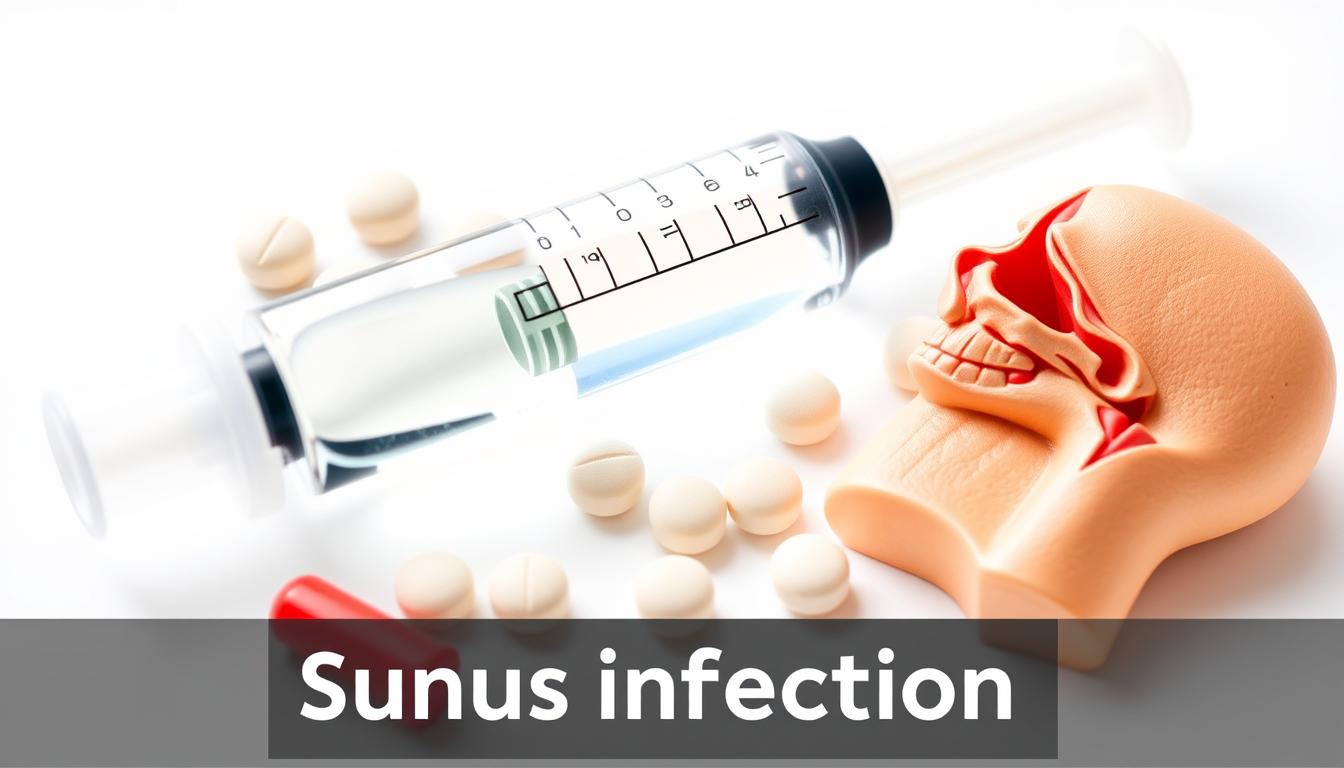Navigating the complexities of aspartame withdrawal can be a daunting experience, but with the right guidance, we can help you overcome the challenges and reclaim your well-being. As a comprehensive guide, we’ll delve into the common physical and emotional symptoms associated with discontinuing the use of this artificial sweetener, and provide you with practical strategies to manage the transition effectively.
Aspartame, a widely used sugar substitute found in diet sodas, chewing gum, and a variety of other food and beverage products, has long been a topic of debate regarding its potential health implications. Many individuals have reported experiencing unpleasant side effects upon reducing or eliminating their consumption of aspartame-containing products, prompting us to explore the nuances of this withdrawal process in detail.
Throughout this exploration, we’ll empower you with the knowledge and tools necessary to navigate the path to recovery, offering insights from experts and sharing practical tips to help ease the transition. Whether you’re seeking to improve your overall well-being, reduce your reliance on artificial sweeteners, or simply curious about the impact of aspartame on the body, this guide is designed to be your comprehensive resource.
Understanding Aspartame Withdrawal and Its Effects
When you abruptly stop consuming aspartame, your body goes through a withdrawal process that can manifest in various physical and mental symptoms. Let’s explore the common experiences associated with aspartame withdrawal and uncover the reasons behind these changes.
Common Physical Symptoms
One of the most frequently reported physical symptoms of aspartame withdrawal is headaches. The sudden lack of this artificial sweetener can trigger migraine-like pain and tension in the head. Additionally, many individuals experience fatigue and a general sense of low energy during this transition period.
Mental and Emotional Changes
Aspartame withdrawal can also lead to significant mood swings, with individuals reporting feelings of anxiety and irritability. Some may even struggle with cravings for the once-familiar taste of aspartame-sweetened foods and beverages.
Why These Symptoms Occur
The root cause of these withdrawal symptoms lies in the way our bodies process and respond to aspartame. This artificial sweetener is broken down into components like phenylalanine, aspartic acid, and methanol, which can have a profound impact on neurotransmitter levels in the brain. When the body no longer receives a regular influx of these compounds, it triggers a cascade of physiological and psychological changes, resulting in the unpleasant withdrawal experience.
| Symptom | Explanation |
|---|---|
| Headaches | The sudden lack of aspartame can lead to fluctuations in neurotransmitter levels, causing blood vessels to dilate and triggering migraine-like pain. |
| Fatigue | The body’s adjustment to the absence of aspartame’s energy-boosting effects can result in feelings of tiredness and low energy. |
| Mood Swings | Imbalances in neurotransmitters like serotonin and dopamine, which are affected by aspartame, can contribute to changes in mood and emotional stability. |
| Cravings | The brain’s reward system, which is accustomed to the sweet taste of aspartame, may trigger strong cravings for familiar foods and beverages containing this artificial sweetener. |

How Long Does Aspartame Withdrawal Last
Navigating the journey of aspartame withdrawal can be a delicate and personal process. The duration of withdrawal symptoms can vary significantly from individual to individual, depending on a range of factors. While some may experience a relatively smooth transition, others may face more persistent challenges during the detoxification process.
The recovery timeline for aspartame withdrawal typically ranges from a few days to several weeks. The severity and duration of symptoms are often influenced by the length of time the individual consumed aspartame, the quantity consumed, and the overall health status of the person.
Individuals who have consumed aspartame regularly for an extended period may experience a more prolonged withdrawal phase. This is due to the body’s need to adapt to the absence of the artificial sweetener, leading to a gradual restoration of normal metabolic functions.
- Initial withdrawal symptoms, such as headaches, irritability, and fatigue, may manifest within the first few days of discontinuing aspartame.
- More persistent issues, like mood swings, digestive disturbances, and cravings, can linger for several weeks as the body undergoes the detoxification process.
- The duration of withdrawal can also be influenced by individual factors, such as stress levels, underlying health conditions, and the use of supportive supplements or therapies.
It’s important to note that the recovery timeline is not a one-size-fits-all scenario. Each person’s experience with aspartame withdrawal may be unique, and it’s crucial to approach the process with patience, self-care, and the support of healthcare professionals, if necessary.
“The duration of aspartame withdrawal can vary greatly, but with the right approach and support, the recovery process can be managed effectively.”

| Withdrawal Duration | Influencing Factors |
|---|---|
| Few days to several weeks |
|
Natural Ways to Combat Withdrawal Symptoms
As you navigate the challenges of aspartame withdrawal, we’re here to provide you with practical, natural strategies to ease the transition and promote your overall well-being. By incorporating dietary adjustments, prioritizing hydration and exercise, and exploring stress-reduction techniques, you can effectively manage the symptoms and support your body’s detoxification process.
Dietary Adjustments
One of the most impactful ways to combat withdrawal symptoms is through your dietary choices. We recommend incorporating more whole foods, such as fresh fruits, vegetables, and lean proteins, into your meals. These nutrient-dense options can help nourish your body and aid in the elimination of toxins. Additionally, sipping on herbal teas, such as chamomile or peppermint, can provide a soothing and hydrating alternative to sugary beverages.
Hydration and Exercise
Proper hydration and regular physical activity are essential during this period. Ensure you’re drinking plenty of water throughout the day to support your body’s natural detoxification process. Engaging in moderate exercise, such as brisk walking, yoga, or light cardio, can also help alleviate withdrawal symptoms by reducing stress and promoting overall well-being.
Stress Management Techniques
Managing stress is crucial during aspartame withdrawal, as elevated stress levels can exacerbate the symptoms. We encourage you to explore mindfulness practices, such as meditation or deep breathing exercises, to help calm the mind and promote a sense of relaxation. Additionally, incorporating gentle yoga routines into your daily routine can provide both physical and mental benefits to support your journey.









